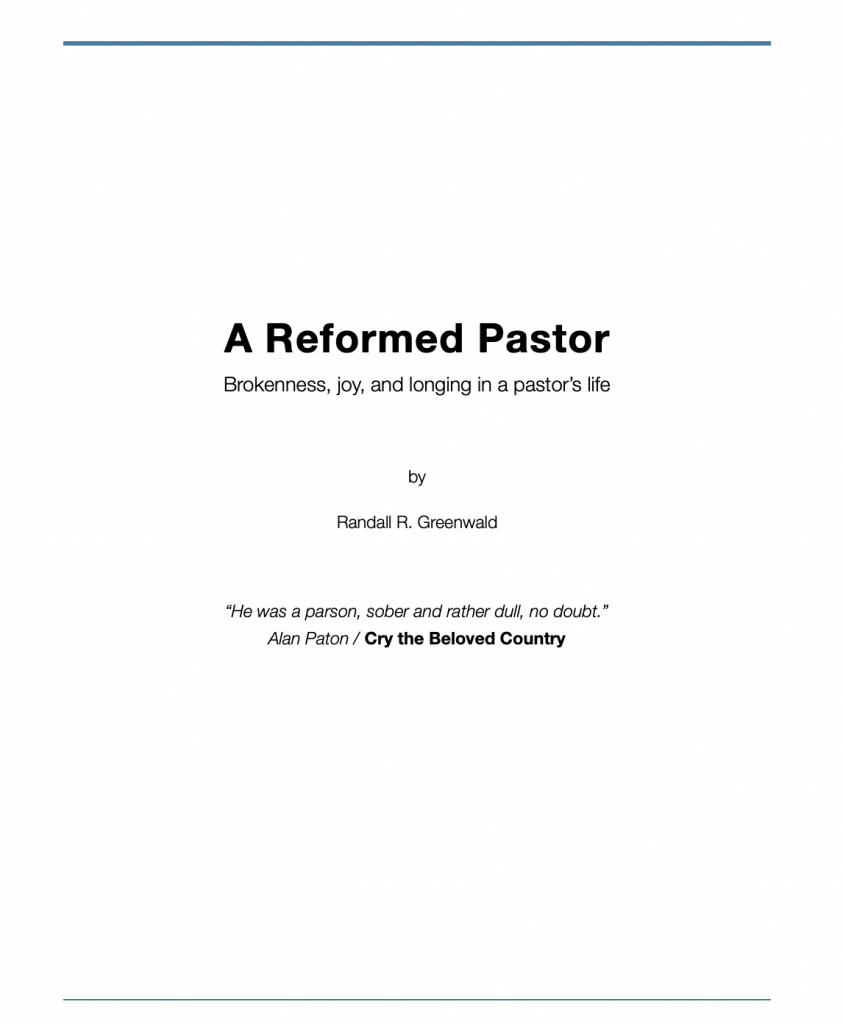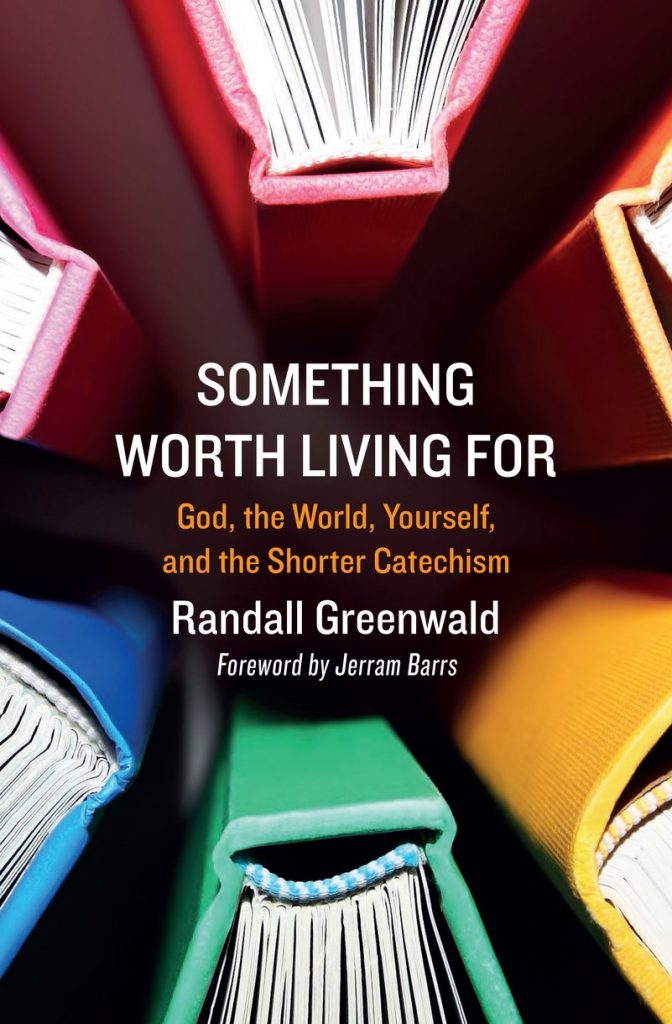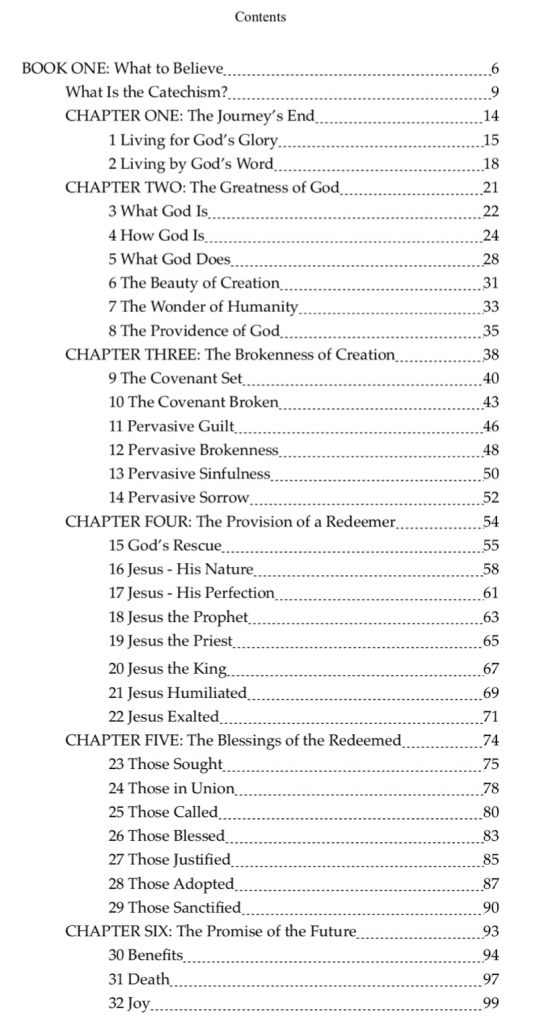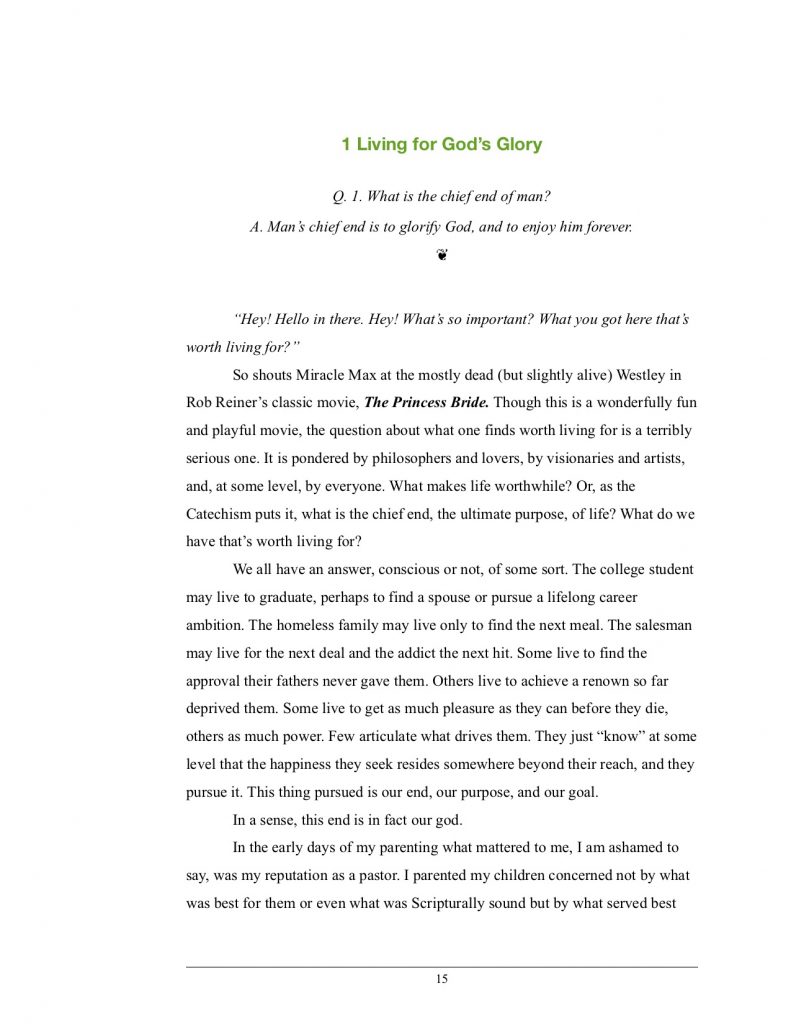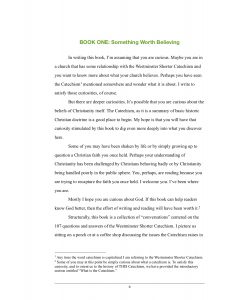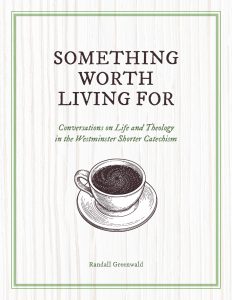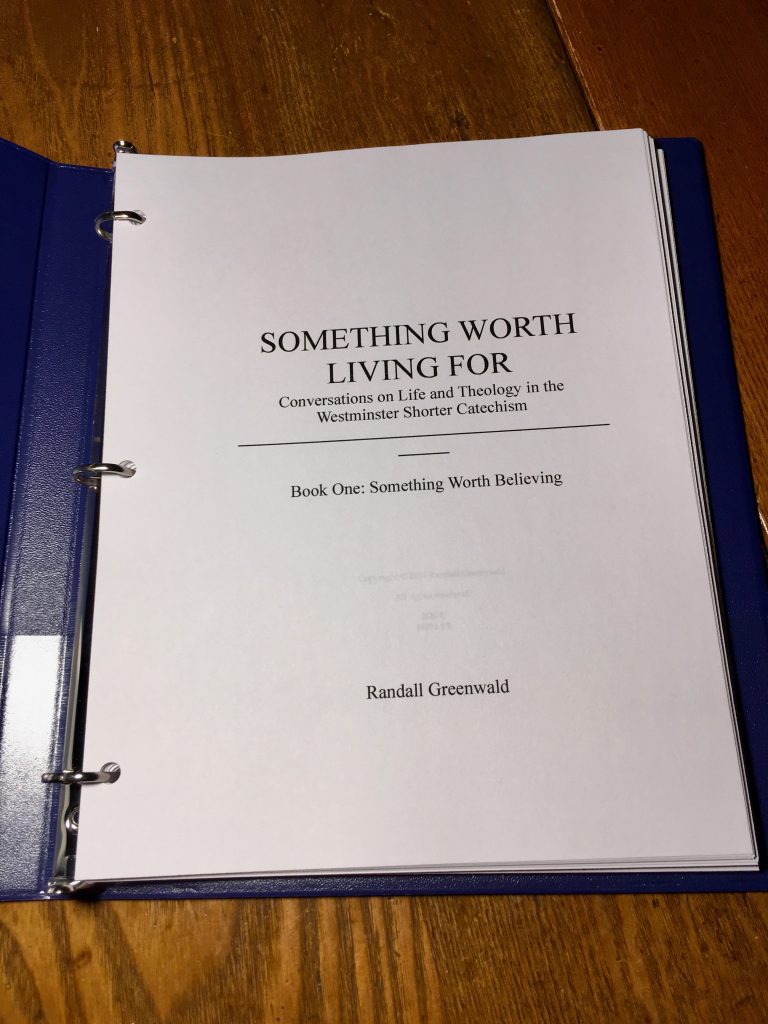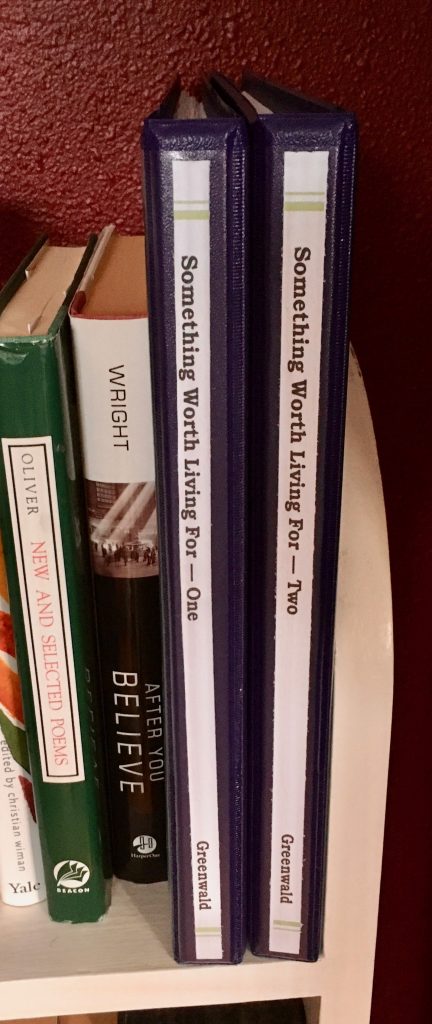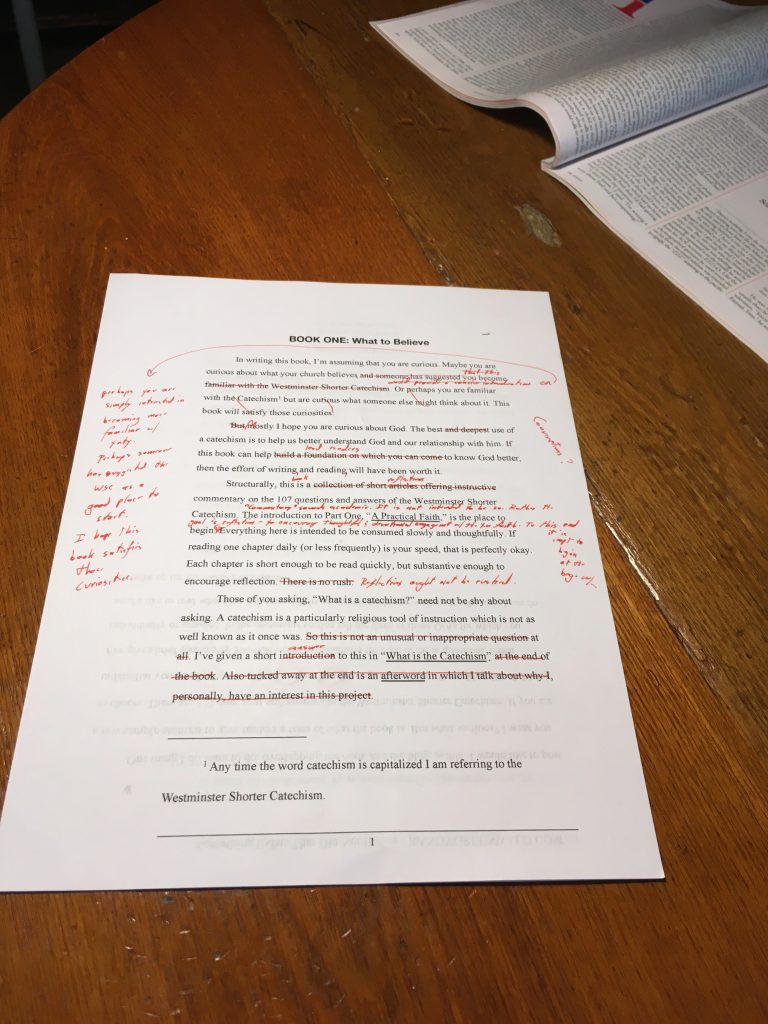What happens when you commit yourself to an 800 word newsletter/podcast to be released three times each month?
Nothing much else.

As I announced back in April elsewhere and on this blog in June, I’ve started a thrice monthly publication aimed at pastors and those who care for pastors. Greatheart’s Table, as it is named, has received a modest reception. Numbers are really hard to get or understand. But it’s pretty clear heavy hitters like Joel Osteen or Brene Brown have nothing to fear from this, the new kid on the block.
Neverthess the response I have received has been sufficiently fulfilling to keep me plugging away. One listener said,
“I listen and have friends who listen. We talk about it. They look forward to it and I think it has been one of the things that has helped my friend process his grief from a super bad church situation. He said he looks forward to each episode.”
Another commented,
“Stumbling across your writing has been a tremendous blessing.”
A surprising volume of positive input has come from non-pastors. Apparently, Greatheart’s Table touches on realities felt by engineers, teachers, and others as well as pastors.
But it has required focus. I’ve published nearly 15,000 words in the past six months, all on Greatheart’s Table. Other projects—such as the nearly completed memoir (a story I really want to tell), essays on corporal punishment, on the audience of the Westminster Shorter Catechism, on rethinking the meaning of headship, and the long dreamed of book on the intersection between pastoral ministry and sanctification—these all sit on the bench. I don’t know how to summon them into the game as long as Greatheart’s Table is barreling forward and as long as I have a congregation wanting me to be their pastor. I hope to figure that out. (Though I cannot help but note that the metaphor of “barrelling forward” has somewhat concerning connections with Niagra Falls.)
If you’ve been wondering whether I’ve died, retired, or run away to farm okra in Michigan, I’ve done none of that (though the okra farm sounds fun). I’m slogging away and spreading my thoughts elsewhere.
I’d be encouraged if you join me there for this part of my journey.
For a general introduction to Greatheart’s Table you can go here.
Subscribe to the newsletter here.
The podcast, whose content is identical to the newsletter, is available at all the usual podcast outlets such as Apple, Spotify, Google, and Amazon – or by searching for “Greatheart’s Table.”




